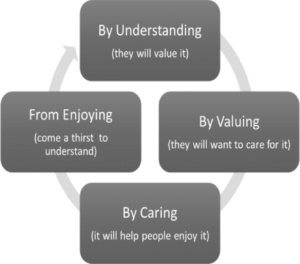Using the medium of a novel, I’ve written stories of my ancestors based on true events, hoping to share their interesting lives with others. I’m calling my stories Heritage Fiction.
In my blog and newsletter, I’ll share published books in which Heritage Fiction is present. I’ll post interviews with authors and also book reviews. Check in often to find out what’s being discussed.
Here are some books you may have read or want to read that are based on the author’s ancestor in either a small or large way:
Where the Lost Wander by Amy Harmon
These Is My Words by Nancy E. Turner
Hotel on the Corner of Bitter and Sweet by Jamie Ford
Cold Sassy Tree by Olive Ann Burns
Sarah, Plain and Tall by Patricia MacLachlan
Galway Bay by Mary Pat Kelly
Hattie Big Sky by Kirby Larson
Condemn Me Not: Accused of Witchcraft by Heather B. Moore
A Pawn for a King by Sarah Hinze
Daughter of Anne-Hoeck by Carol Pratt Bradley
Cane River by Lalita Tademy
The Hummingbird’s Daughter by Luis Alberto Urrea
The Last Kingdom by Bernard Cornwell
The Glass-Blowers by Daphne du Maurier
East of Eden by John Steinbeck
To Kill a Mockingbird by Harper Lee
Little Women by Louisa May Alcott
David Copperfield by Charles Dickens
The Scarlet Letter by Nathaniel Hawthorne
The House of the Seven Gables by Nathaniel Hawthorne
Roots by Alex Haley
Wuthering Heights by Emily Brontë
On Gold Mountain by Lisa See
I think there are likely more qualities of living that we’ve inherited from our ancestors than we realize—some tangible and some intangible. Customs are not only passed on, but perhaps artistic expressions, talents, values, objects, places, and practices.
Why did these cultural heritage aspects prevail in your family to be carried to you?
Most likely they are tied to taught value systems, beliefs, aesthetic interpretations, environment (both natural and architectural), lifestyles, artifacts (heirlooms, pictures, documents), and traditions.
Learning about history isn’t in everyone’s wheel of interest, but have you considered learning about history through your ancestors?
I hold to a belief that if we learn from the past, we can make our future better.
The Heritage Cycle diagram below gives an idea of how we can make the past part of our future.

By understanding, people will value it. By valuing, people will want to care for it. By caring, it will help people enjoy it. From enjoying, comes a thirst to understand (and the cycle continues).
